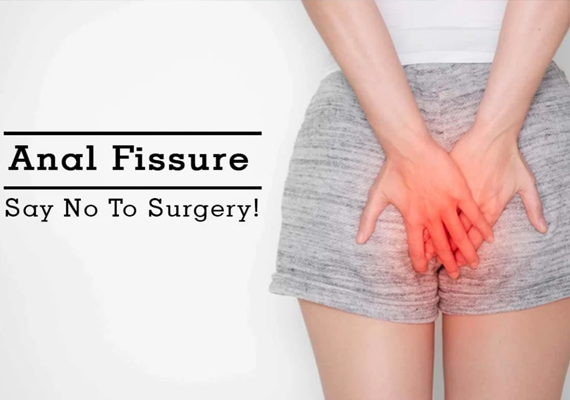Make an Appointment
Dr Sahil Sexologist Location :
Bhiwadi mod, 1floor, Main Rd, Bhiwadi, Rajasthan 301019
Timing: (10:00 AM To 6:00 PM)
7 Days Open
I am always ready to provide quality Sexology services.


An anal fissure is a small tear in the thin, moist tissue that lines the anus. The anus is the muscular opening at the end of the digestive tract where stool exits the body. Common causes of an anal fissure include constipation and straining or passing hard or large stools during a bowel movement.
Anal fissures are very common in young infants but can affect people of any age. Most anal fissures get better with simple treatments, such as increased fiber intake or soaking in a warm-water bath. Some people with anal fissures may need medicine or, occasionally, surgery.Anal fissures typically cause pain and bleeding with bowel movements. You also may experience spasms in the ring of muscle at the end of your anus, called the anal sphincter..
An anal fissure that fails to heal within eight weeks is considered chronic and may need further treatment. An anal fissure that fails to heal within eight weeks is considered chronic and may need further treatment.
The GP will ask you about your symptoms and the type of pain you have been experiencing. They may also ask about your toilet habits. They'll usually be able to see the fissure by gently parting your buttocks. A digital rectal examination, where a GP inserts a lubricated, gloved finger into your bottom to feel for abnormalities, is not usually used to diagnose anal fissures as it's likely to be painful. The GP may refer you for specialist assessment if they think something serious may be causing your fissure. This may include a more thorough examination of your bottom carried out using anaesthetic to minimise pain. Occasionally, a measurement of anal sphincter pressure may be taken for fissures that have not responded to simple treatments.
Dr Sahil Sexologist Location :
Bhiwadi mod, 1floor, Main Rd, Bhiwadi, Rajasthan 301019
Timing: (10:00 AM To 6:00 PM)
I am always ready to provide quality Sexology services.